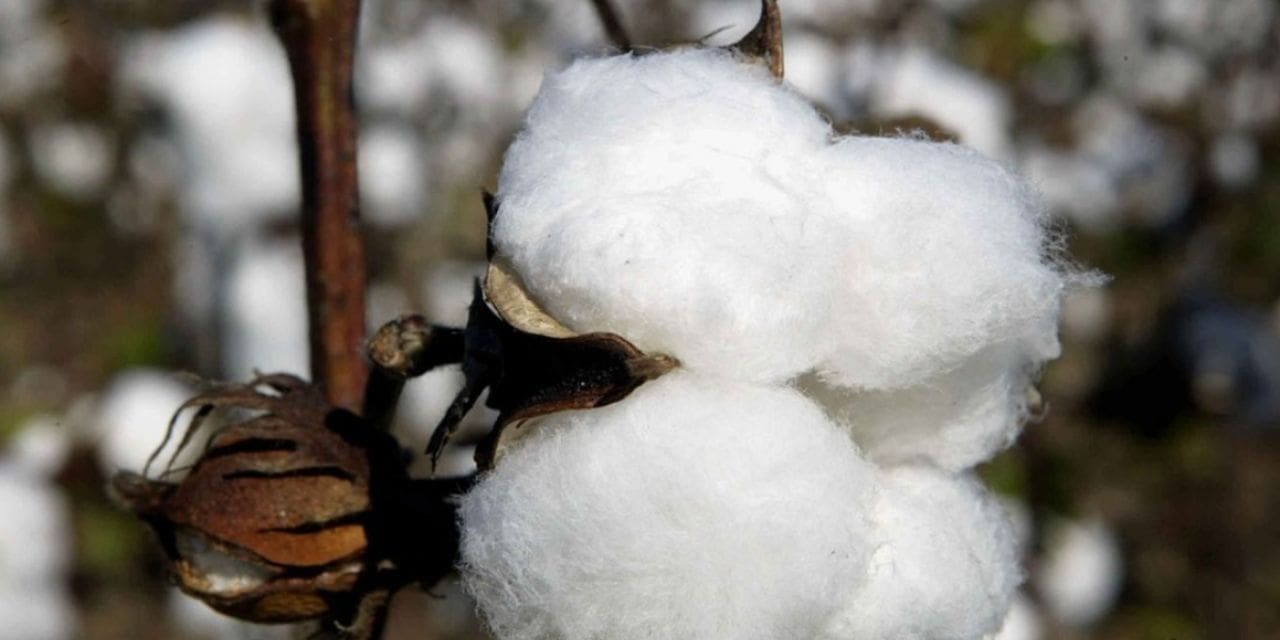India may soon cease being a net exporter of cotton in light of its high consumption, according to Atul Ganatra, President of the Cotton Association of India.
As shipments slow, cotton costs, which currently range between 62,500 and 63,000 per sweet, are anticipated to slowly increase.
In June and July, according to Ganatra, cotton prices could reach 70,000–75,000 per sweet.Indian mills are seeing strong demand because of greater consumption, despite the fact that global cotton prices are currently trading at a four-month low due to sluggish demand amid a recessionary trend.
weak outlook for exports
India exported 42 lakh bales of cotton last year, but this year that number could drop to as low as 30 lakh bales. But because domestic prices are so expensive, it might potentially drop to 25 lakh. bales.
According to Kedia Commodities Director Ajay Kumar, spinning mills are currently operating at full capacity. According to him, the market is going to India as China and Bangladesh slow down and the future of spinning mills appears bright.
With variables affecting both supply and demand, the outlook for cotton prices globally for the forthcoming crop year of 2023–24 is uncertain.
Due to increasing input prices and competition from other crops, less land will be planted. The timing of any weather pattern changes will be crucial, especially in West Texas where conditions are still very dry, according to Kumar. On the demand side, there is concern as the predicted medium-term slowdown in global GDP development will result in sustained declines in cotton consumption.
However, persistent A reduction in inventories and fewer imports of clothes could signal a possible revival in demand. A uncertain macroeconomic outlook may moderate the effects of inventory modifications. The long-term sustainability of high domestic cotton prices is still unclear due to factors impacting supply and demand.
However, a portion of the cotton industry believes that cotton prices may remain at their current levels because arrivals this year are anticipated to continue into the offseason months of May through July. “Farmers kept back stocks this year, and in the upcoming months, they will release them gradually. This shouldn’t be a problem, according to a trader who wished to remain anonymous.
Anand Popat, a merchant in cotton, yarn, and cotton waste based in Rajkot, claims that arrivals are currently circling around Although they were lower last week due to rain in some areas, there were still close to 1.5 lakh bales. He noted that ginning facilities, which should have stopped operating by now, were still in operation.

